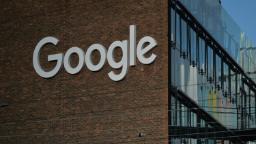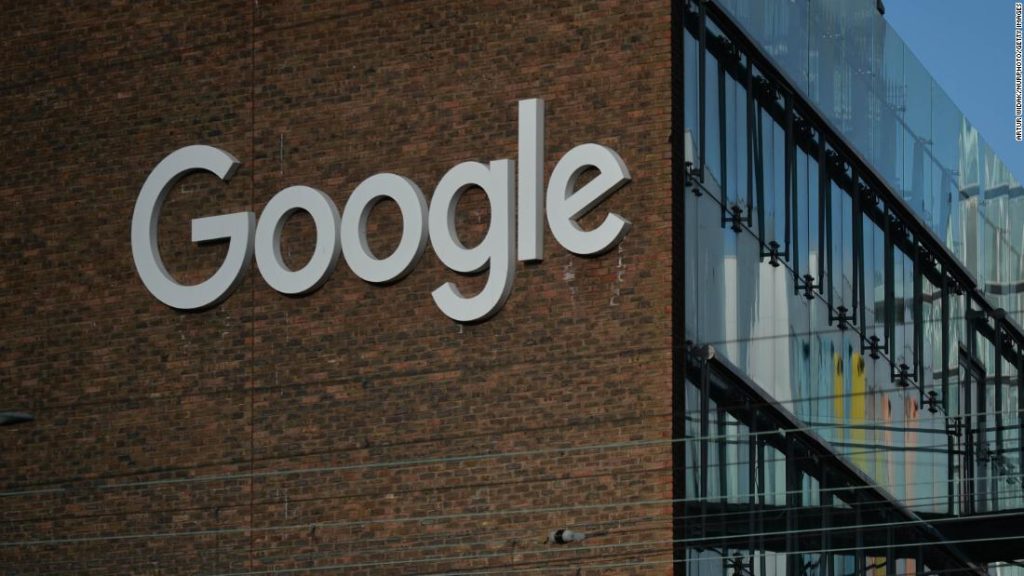
“Google collects data to be used for targeted advertising purposes, it sells advertising space and also acts as an online advertising intermediary. So Google is present at almost all levels of the supply chain for online display advertising,” EU chief antitrust official Margrethe Vestager said in a statement.
“We are concerned that Google has made it harder for rival online advertising services to compete in the so-called ad tech stack.”
A Google spokesperson said that the company would engage constructively with the European Commission “to answer their questions and demonstrate the benefits of our products to European businesses and consumers.”
Google is already facing several antitrust cases in the United States, including one brought by the federal government, which accuses the company of operating an illegal monopoly in the markets for online search and search advertising.
The company generates about 80% of its revenue from advertising. In the three months ended March 31, Google’s revenues in Europe, Middle East and Africa totaled $17 billion, making it the second most important region to the company after the Americas.
France’s competition authority fined Google €220 million ($270 million) earlier this month “for abusing its dominant position” in the market for online advertising to the detriment of rival platforms and publishers.
The authority accused Google of giving “preferential treatment” to Google Ad Manager, its ad management platform for large publishers. It did this by favoring its own online ad marketplace, AdX, where publishers sell space to advertisers in real time, according to the watchdog.
Changing its business
As part of the agreement with French authorities, Google committed to making it easier for publishers in France to make use of its data and use its tools with other ad technologies. “We will be testing and developing these changes over the coming months before rolling them out more broadly, including some globally,” the company said in a statement on June 7.
Google provides several ad tech services that intermediate between advertisers and publishers in order to display ads on websites or mobile apps. The EU investigation will focus on a number of areas of concern, including the obligation to use its services to purchase or serve ads on Google or YouTube.
“A level playing field is of the essence for everyone in the supply chain,” said Vestager.
“Fair competition is important — both for advertisers to reach consumers on publishers’ sites and for publishers to sell their space to advertisers, to generate revenues and funding for content. We will also be looking at Google’s policies on user tracking to make sure they are in line with fair competition,” she added.
According to Google, competition in online advertising has made ads more affordable, reduced ad tech fees and created more options for publishers and advertisers. The company also says that publishers keep about 70% of the revenue when using its products, and that the biggest advertisers use four or more platforms to buy ads.
— Rob North, Eoin McSweeney and Hanna Ziady contributed to this article.
You may also like
-
Afghanistan: Civilian casualties hit record high amid US withdrawal, UN says
-
How Taiwan is trying to defend against a cyber ‘World War III’
-
Pandemic travel news this week: Quarantine escapes and airplane disguises
-
Why would anyone trust Brexit Britain again?
-
Black fungus: A second crisis is killing survivors of India’s worst Covid wave

